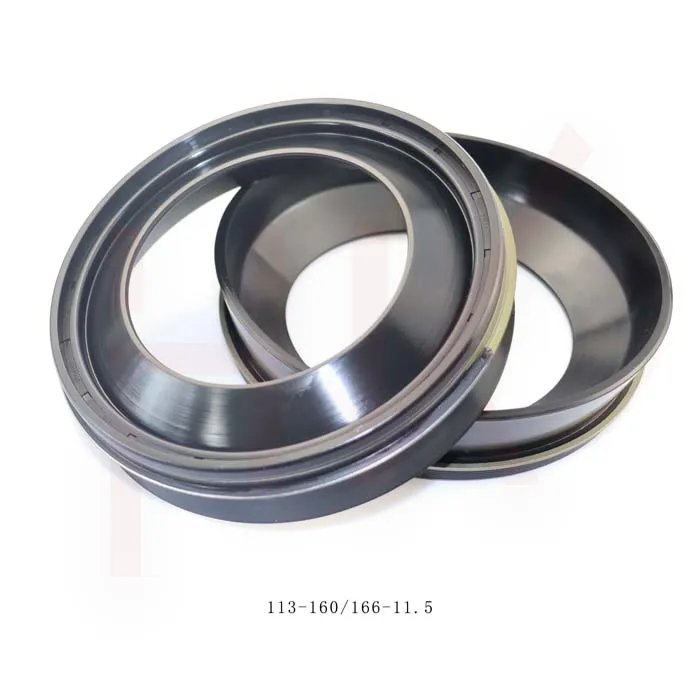Sep . 01, 2024 23:07 Back to list
Radial Shaft Seals - Durable and Effective Solutions for Your Sealing Needs
Understanding Radial Shaft Seals Importance and Applications
Radial shaft seals, often referred to as lip seals, play a crucial role in various mechanical systems by preventing the leakage of fluids and contaminants. These seals are primarily used in rotating applications, where they maintain the integrity of critical components by forming a barrier between the shaft and the housing.
The basic structure of a radial shaft seal consists of a flexible sealing lip, typically made from rubber or other elastomeric materials, which contacts the rotating shaft. This design allows the seal to accommodate shaft movements while providing a tight and reliable seal. The effective sealing action is usually enhanced by the pressure of the fluid, which forces the lip against the shaft, creating a natural sealing effect.
One primary application of radial shaft seals is in the automotive industry, where they are commonly used in engines, transmissions, and axles. In these applications, they protect against the leakage of lubricants which are essential for reducing friction and wear on moving parts. By preventing the ingress of dirt, water, and other contaminants, radial shaft seals help maintain the performance and longevity of critical components.
radial shaft seals

Beyond automotive uses, radial shaft seals are also vital in various industrial machinery applications, such as pumps, motors, and gearboxes
. For example, in hydraulic systems, these seals ensure that hydraulic fluids do not leak out, which is essential for maintaining pressure and system efficiency. The effectiveness of radial shaft seals in these environments can significantly impact equipment reliability, safety, and maintenance costs.The choice of material for radial shaft seals is crucial, as it directly affects the seal's performance in specific environments. Common materials include nitrile rubber, silicone, and fluorocarbon, each offering distinct advantages regarding temperature resistance, chemical compatibility, and wear resistance. Manufacturers must select the appropriate material based on the operational conditions the seal will encounter, such as temperature extremes, exposure to chemicals, and the speed of the rotating shaft.
In summary, radial shaft seals are essential components in many mechanical systems, providing effective sealing solutions that prevent fluid leakage and contamination ingress. Their ability to protect vital machinery components is critical in ensuring operational efficiency and prolonging service life. As technology continues to evolve, innovations in seal design and materials will likely enhance the performance and versatility of radial shaft seals in various applications. Understanding their function, importance, and proper material selection is key to enhancing the reliability and efficiency of machinery across diverse industries.
-
Reliable Oil Seal Wheel Hub Solutions for Industrial & Automotive Use
NewsNov.17,2025
-
Durable Front Hub Oil Solutions for Industry – HKAiSeal
NewsNov.17,2025
-
Wholesale Hydraulic Pump Motor Seal Kit A4VSO250 | In Stock
NewsNov.17,2025
-
Pump Seal Kits: Essential Components for Industrial Reliability
NewsNov.17,2025
-
TCV Oil Seal - Double-Lip, Spring-Loaded, High Temp & Wear
NewsNov.17,2025
-
Hydraulic Seal Kits: Reliable Solutions for Industrial Equipment
NewsNov.17,2025
-
Combined oil seal 659214 12001903B, fits 119990, NBR OEM
NewsNov.17,2025
Products categories
















